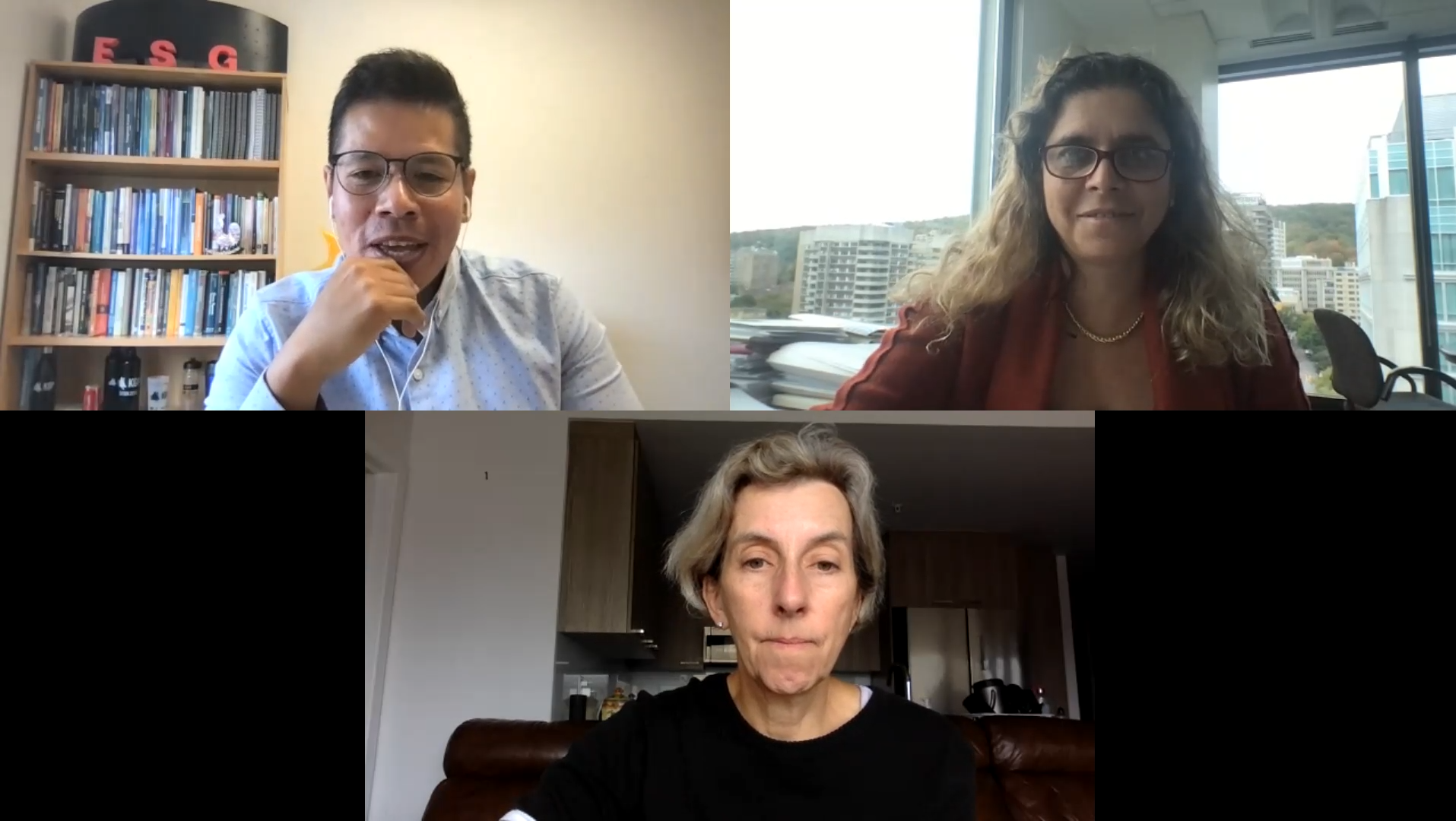Alejandro Romero-Torres, professor in the Department of Management and Technology at the School of Management Sciences of the Université du Québec à Montréal and CIRANO researcher, presented the highlights of the CIRANO report "The appropriation trajectory as a lever for the use of new technologies in care organizations and services to populations" (co-authored with Lise Boudreault).

The objectives of this conference was to present the mechanisms deployed by care personnel when using technological innovations, to better understand the effects of these mechanisms in their work environment and to describe the factors and constraints that support the appropriation of technological innovations. Based on a scoping review and semi-structured interviews conducted during the project, the authors will present the appropriation trajectory as a three-stage process in which changes emerge through the trial and error of care staff, patients, and technology developers.


